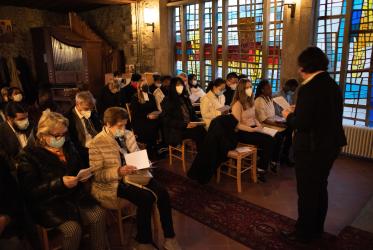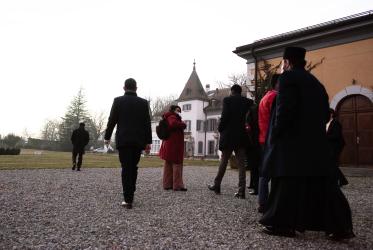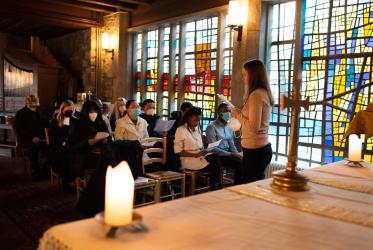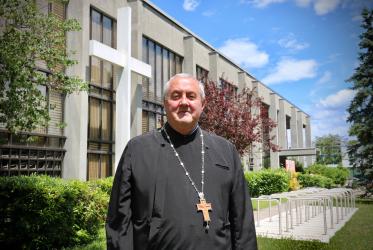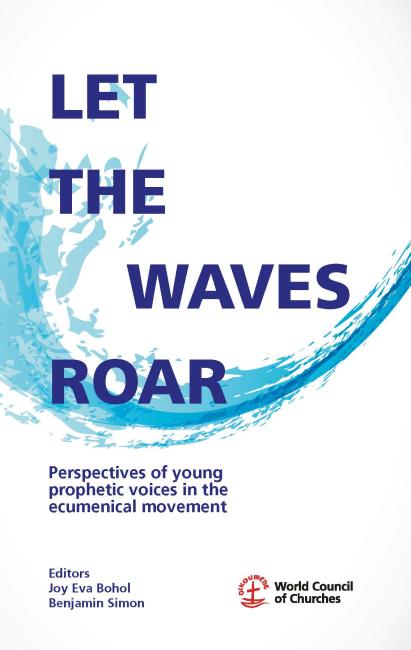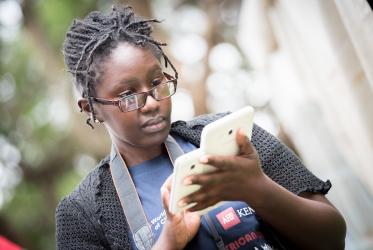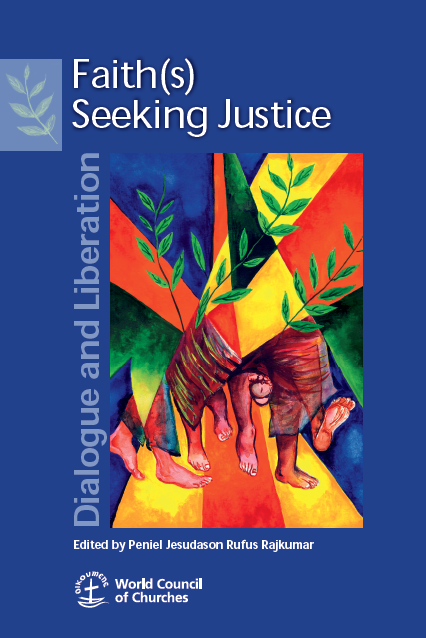Displaying 41 - 60 of 70
02 February 2022
Planting trees and working for peace in Palestine
26 January 2022
Let the Waves Roar
Perspectives of Young Prophetic Voices in the Ecumenical Movement
19 December 2021
Youth “meet and greet” yields ideas to tackle digital injustice
20 September 2021
Ecumenical International Youth Day 2021 Event Toolkit
Young People and Climate Justice
06 August 2021
